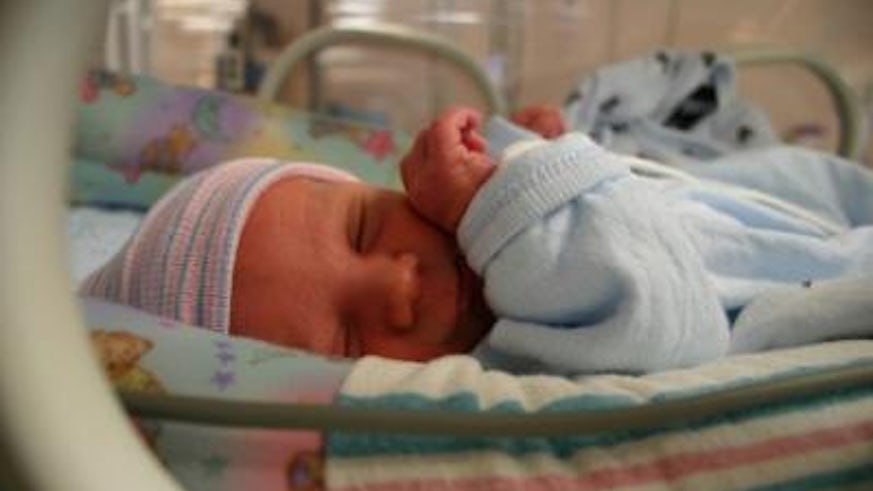Improving the health of premature babies
3 Mehefin 2013

University child health experts have renewed their appeal for Welsh parents to take part in a landmark study designed to improve the health and treatments for children born prematurely.
A team from the School of Medicine took the unprecedented step of contacting more than 26,000 families in all parts of Wales with children born either pre-term or full-term to try and gain a better picture of their health.
"So far, more than 5,000 families have responded to our study on the health of babies born early and we are extremely grateful - but we need more help," said Professor Sailesh Kotecha, who is leading the research alongside Dr Martin Edwards.
The research study continues to investigate the long-term outcomes of babies born early compared to those born on time.
It is important to establish the extent of the problems for babies born prematurely - that is less than 37 weeks of the pregnancy.
The birth rate for Wales is around 35,000 babies each year; approximately 2,500 are born early, with many of these premature babies being cared for on special care baby units across Wales.
The organs of babies born early are not fully developed at birth and so they may require support in the first few days and weeks of life. Also, the long term development of their lungs and brains may be affected.
The child health team has confirmed that babies born extremely prematurely (less than 32 weeks of pregnancy) continue to have lung problems as older children and young teenagers and are hoping to show whether children born early, have symptoms of poor lung function and also signs of developmental problems.
A second batch of more than 21,000 questionnaires will be sent out over the next week.
The information being gathered is helping to establish the breathing and developmental problems of children up to 10 years of age across Wales. Initially the research will aim to establish if children born early have more symptoms and problems than children born on time.
Professor Sailesh Kotecha adds: "We'd like to say thank you to all families who have taken part so far and to those who will take part in the coming weeks. We are also delighted that many families are helping us plan future research and we are extremely grateful."
The preliminary results from this study will be available later this year and Professor Kotecha hopes that they will help to inform future health care for children in Wales, especially those born extremely prematurely.
If families would like further information please contact Professor Kotecha or Dr Edwards on 02920743375 or by email: edwardsmo@cardiff.ac.uk.